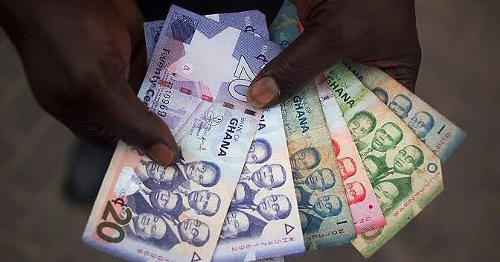Ghana inflation’s slowdown eases rates pressure

Ghana’s inflation rate declined unexpectedly in August to a 10-month low, easing pressure on the central bank to keep raising borrowing costs.
Annual inflation moderated to 40.1% from 43.1% in July, the slowest rate of change since October, per Government Statistician Samuel Kobina Annim.
The apex bank has so far focused on keeping inflation under control. In July, it raised the key lending rate to 30% to combat surging inflation which stood at 42.5% at the time.
Key Takeaways
Along with inflationary pressures, Ghana is currently grappling with a disturbing financial crisis stemming from a public debt that is nearly as large as its GDP. In May, the government secured a $3 billion bailout from the IMF, of which $600 million has been disbursed, helping to calm tensions in the debt and equity capital markets. The World Bank expects economic growth to slow down to 1.5% this year and remain depressed in 2024 at 2.8% but stage a recovery by 2025. In the long run, Ghana needs to implement structural reforms including collecting more domestic revenue, implementing tighter expenditure controls, and addressing the energy sector shortfalls.

Next Frontier
Stay up to date on major news and events in African markets. Delivered weekly.
Pulse54
UDeep-dives into what’s old and new in Africa’s investment landscape. Delivered twice monthly.
Events
Sign up to stay informed about our regular webinars, product launches, and exhibitions.




